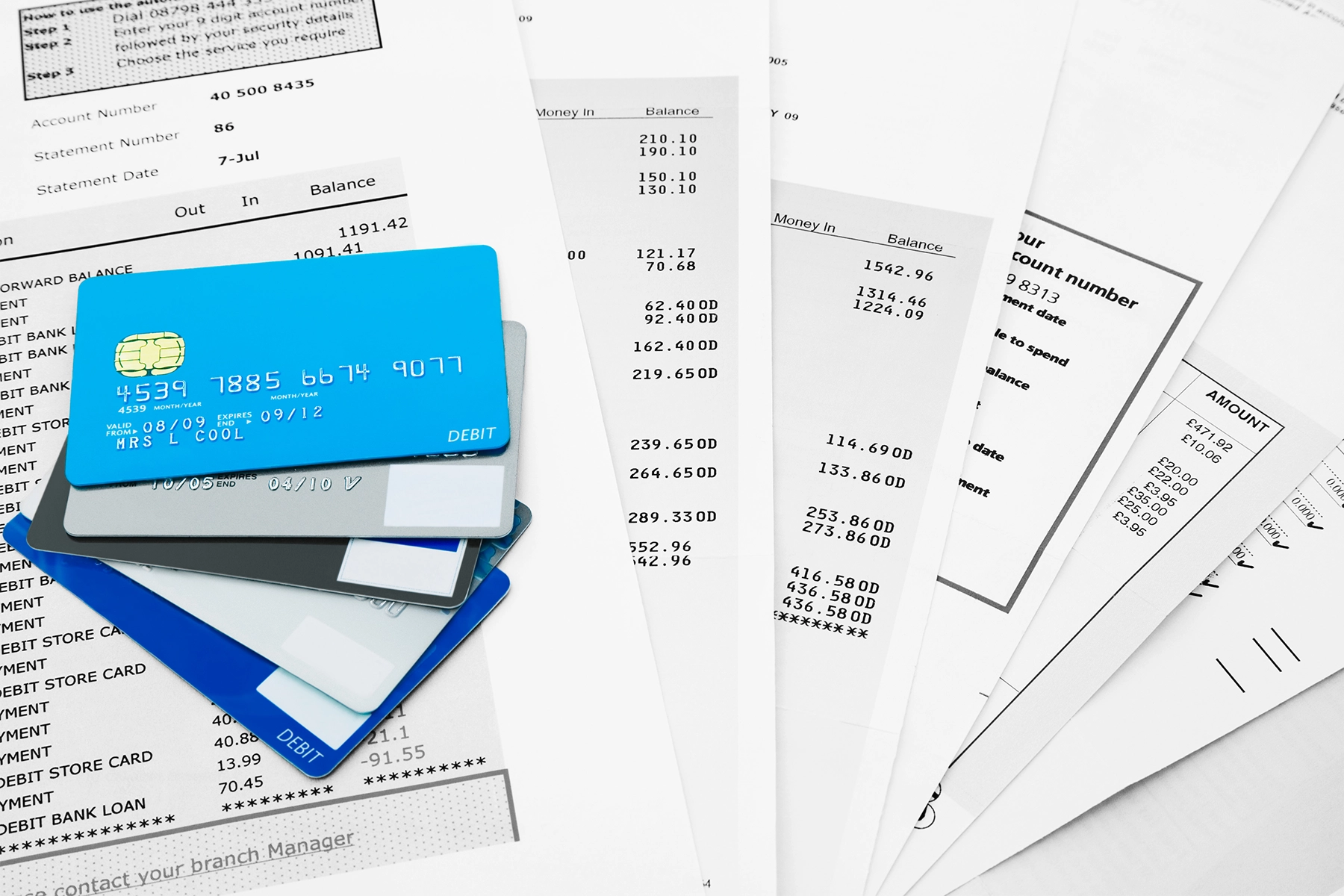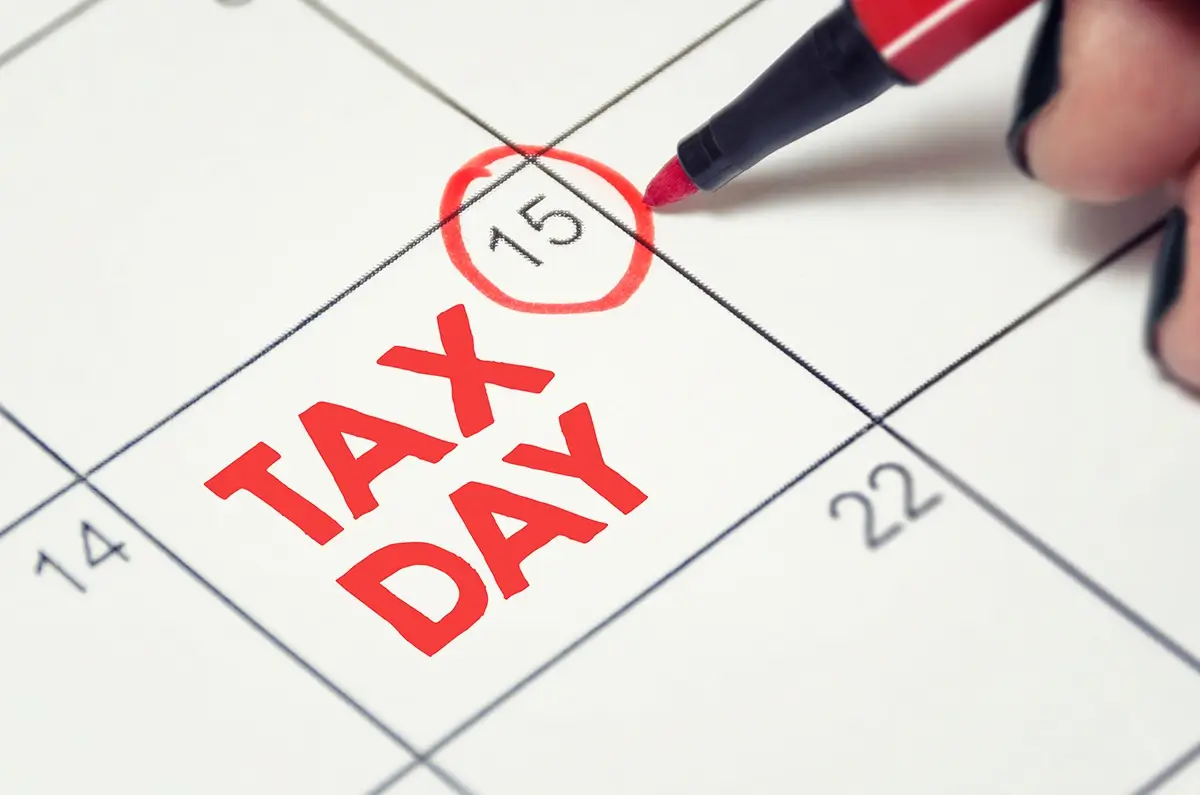If you’re facing an IRS audit after filing your taxes, one of the first things you’ll need to do is substantiate your expenses. Credit card statements can play an essential role in this process, but relying on them alone may not be enough. Let’s explore when credit card statements are acceptable, when they’re not, and how to ensure your records stand up to scrutiny.
Can Credit Card Statements Be Used for IRS Audits?
The short answer is: Yes, but with limitations. Credit card statements are considered secondary evidence that can help prove you incurred an expense. They show important details such as the date, amount, and vendor of a transaction, which can be valuable when you’re missing receipts.
For example:
- A credit card statement listing “Office Supply Store – $250” can confirm that you made a business-related purchase.
- If paired with an invoice or a business purpose note, this might satisfy IRS requirements.
However, for many deductions, the IRS requires more detailed documentation.
When Credit Card Statements Are Not Enough
While credit card statements can establish that a transaction occurred, they don’t provide all the details the IRS requires for certain types of expenses. For example:
1. Travel and Meals:
- The IRS wants to know the business purpose, who was involved, and the specific details of the expense.
- A statement showing “Fancy Restaurant – $100” isn’t enough. You’ll need to provide:
- An itemized receipt
- A note explaining the business discussion and participants.
2. Entertainment and Gifts:
- These expenses must be directly related to your business.
- Without detailed receipts, the IRS may question the legitimacy of the deduction.
3. Mixed-Use Purchases:
- Some purchases, like a laptop or a vehicle, may have both personal and business use. A credit card statement won’t clarify the percentage of business use.
How to Strengthen Your Documentation
To ensure your deductions are safe, follow these best practices:
1. Keep Receipts:
- Always aim to keep receipts for any deductible expense. They provide itemized details that credit card statements cannot.
2. Add Notes for Business Purposes:
- For expenses like meals, entertainment, or travel, include a short note detailing:
- The business purpose
- Names of participants
- Date and location.
3. Reconstruct Missing Records:
- If receipts are lost, you can:
- Request duplicate invoices from vendors.
- Use email confirmations for purchases.
- Pair calendar or appointment logs with credit card transactions to demonstrate business intent.
4. Organize Your Records:
- Use accounting software or expense-tracking apps to categorize and document expenses in real-time.
Intentional Accounting provides tax planning services to help you with tax strategy and preparation.
What About the Cohan Rule?
If you don’t have complete records, you may still be able to claim some deductions under the Cohan Rule. This rule allows taxpayers to estimate expenses if they can prove they were incurred. However, the IRS auditor has discretion in accepting these estimates, so it’s not a guaranteed solution.
Key Takeaway
While credit card statements are helpful for an IRS audit, they are rarely sufficient on their own. For expenses requiring detailed substantiation—like travel, meals, or entertainment—you’ll need additional documentation, such as receipts, invoices, and notes about the business purpose. To protect yourself, take proactive steps to maintain organized and thorough records. A little preparation now can save you time and stress in the future if the IRS comes knocking. Need help navigating the complexities of IRS audits or preparing your tax documentation? Contact Intentional Accounting today to ensure you’re fully prepared.











